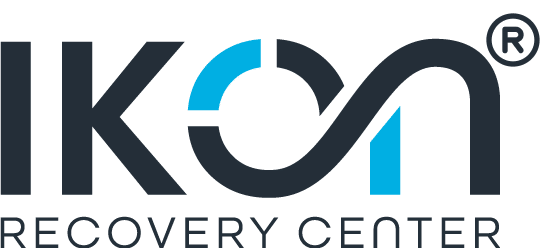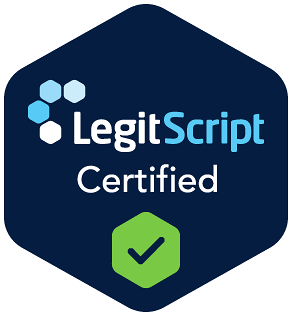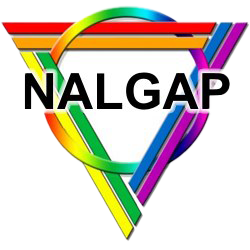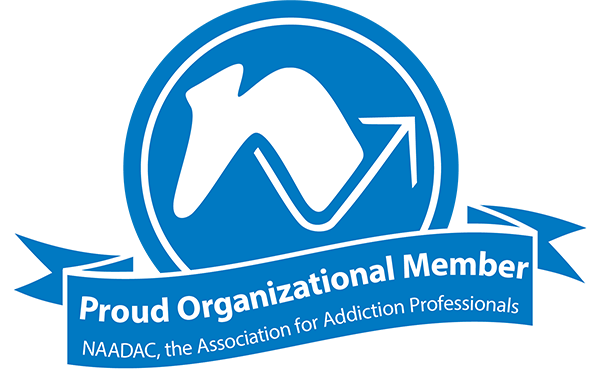Treatment for Substance Abuse and Bipolar Disorder in New Jersey
Euphoric highs can spark all-night parties, and deep, crushing lows lead to intense isolation. New Jersey residents who live with Bipolar disorder feel this way, and they may end up using alcohol or stimulants to extend that mania or numb that depression. The problem is that it only serves to grow a new, second problem: addiction.
Addressing the challenges that come with substance abuse and bipolar disorder as wholly separate conditions only treats half the problem at once. This leaves mood swings unbalanced and cravings roiling and intense. Choosing integrated care helps stabilize chemistry, while adopting new behaviors and coping skills builds routines strong enough to hold onto both sobriety and emotional control.
Mood Extremes and Misuse
Bipolar disorder involves periods of mania and depression. During manic episodes or periods of hypomania, energy levels feel almost limitless, and judgment can stretch incredibly thin.[1] Risky choices like heavy drinking and using cocaine can seem exciting in the moment, but they rarely end well. Substance use can fuel spending sprees and sleepless nights, while restless energy and limited critical thinking may lead to impulsive driving.
The very same person, crashing into depressive episodes, may end up self-medicating with opioids or alcohol just to numb the despair and push insomnia aside.[2]
This ongoing push and pull action, along with lighting up the reward pathways with dopamine every time a substance is used, tricks the brain into accepting the substance misuse as a fast fix. As a result, substance abuse and bipolar disorder are forged into a self-reinforcing loop where drugs amplify the highs and the lows with the same intensity, and complicate prescription medication adherence.
Without effective dual-diagnosis treatment that addresses addiction hand in hand with bipolar disorder, the client’s quality of life simply won’t be as good as it could be.
